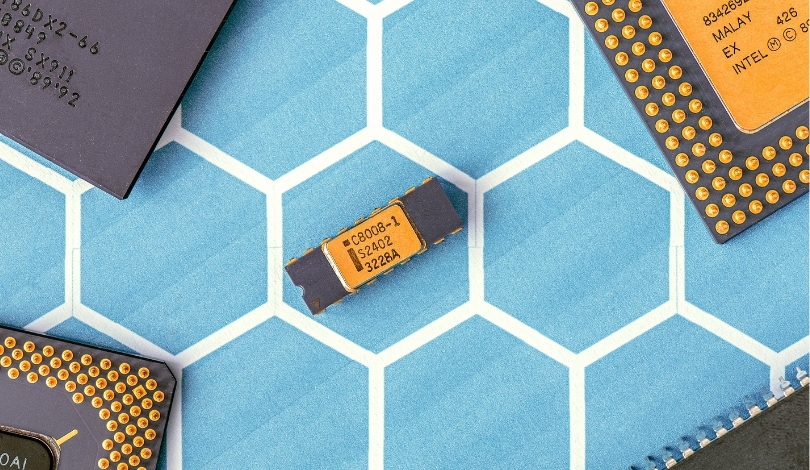Qualcomm has announced the integration of its mobile and laptop chip families, signaling a significant shift in the technology landscape. This consolidation aims to streamline the development process and enhance the performance of both smartphones and personal computers. By bringing together these chip lines, Qualcomm is positioning itself to better address the evolving needs of consumers and the market.
In recent years, the boundaries between mobile devices and laptops have increasingly blurred. Previous initiatives by Qualcomm focused on optimizing chips for specific device types, but the merger represents a strategic move to create more versatile and adaptable solutions. This change reflects industry trends where users demand seamless experiences across multiple devices.
What does the merger of chip families mean for device compatibility?
The integration likely enhances compatibility between smartphones and laptops, allowing for smoother transitions and shared functionalities. Devices may benefit from unified architecture, leading to improved interoperability and easier synchronization of features and data across platforms.
How will this affect performance in mobiles and laptops?
Merging chip families could result in performance optimizations that benefit both device categories. Enhanced processing capabilities and energy efficiency are expected, providing users with faster and longer-lasting devices. Additionally, unified chip designs may lead to more consistent performance benchmarks across different device types.
Will consumers see new hybrid devices soon?
The consolidation of chip lines suggests that hybrid devices, which combine features of both smartphones and laptops, might emerge in the near future. These devices would leverage the strengths of both mobile and laptop technologies, offering greater flexibility and functionality to users who require multi-purpose devices.
As the technology sector continues to evolve, Qualcomm’s strategic move to merge its chip families positions the company to better compete in a rapidly changing market. This approach not only streamlines production but also paves the way for innovative device designs that cater to the modern consumer’s demand for versatility and efficiency. By unifying its mobile and laptop chip technologies, Qualcomm is setting the stage for the next generation of connected and flexible devices.










